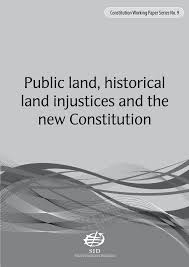Moving Up the Ladder? The Impact of Migration Experience on Occupational Mobility in Albania
The contribution of return migrants to
economic development in source countries can be significant.
Overseas savings of returnees may lead to improvements in
household welfare and provide liquidity for investments in
the face of credit market failures. Labor market experience
and skills acquired abroad may also lead migrants to find
occupations higher in the skill and remuneration spectrum
upon return. This study uses the 2005 Albanian Living




